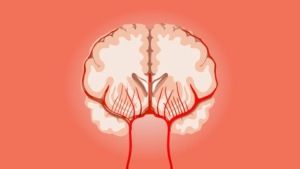News
More young Danes getting blood clots in the brain
This article is more than 9 years old.
With half of the young victims developing PTSD afterwards, experts are calling for more focus on the area

Number of cases have increased by 12 percent every year since 2006 (photo: Pixabay)
The number of Danes aged 15-30 who have been struck with a blood clot to the brain has increased by 12 percent every year since 2006, according to new figures from the city hospital, Rigshospitalet.
It is not known why more young people are affected, but the majority – upwards of 200 cases annually – are caused by a dissection, a small cut inside the carotid artery.
“We are not completely sure what causes the dissections,” Sverre Rosenbaum, a doctor from Bispebjerg Hospital, told Metroxpress newspaper.
“But some can occur after sports injuries to the neck, a hit, or chiropractor treatment. The blood clots can arrive hours or even days and weeks after the dissection occurring. So via an early diagnosis, we can prevent blood clots, which impact young people even more than the elderly.”
Take it hard
According to Rosenbaum, half of all young people who get a blood clot develop PTSD (Post Traumatic Stress Disorder).
According to a number of health experts, information, research and assistance for young people who suffer from blood clots is sorely missing in Denmark.










































